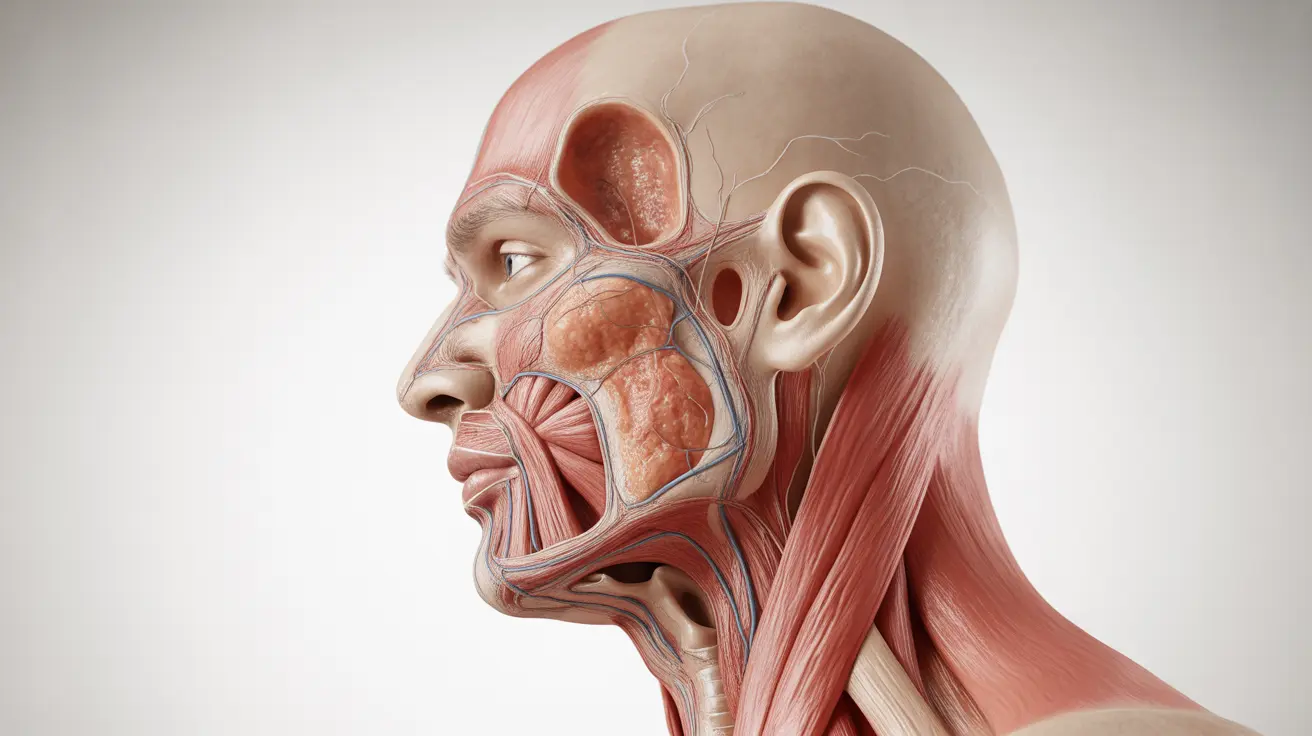Feeling lightheaded after a workout can be both concerning and uncomfortable. This common experience affects many fitness enthusiasts, from beginners to seasoned athletes, and understanding its causes is crucial for maintaining safe and effective exercise routines.
While post-workout lightheadedness is often temporary and manageable, knowing the underlying reasons and proper prevention strategies can help you maintain a safer workout experience and achieve your fitness goals more effectively.
Common Causes of Post-Workout Lightheadedness
Several factors can contribute to feeling lightheaded after exercise, and identifying the specific cause is key to preventing future episodes:
Dehydration
Inadequate fluid intake before, during, and after exercise is one of the most common causes of post-workout lightheadedness. When you exercise, your body loses water through sweat, potentially leading to decreased blood volume and reduced blood flow to the brain.
Blood Pressure Changes
Sudden changes in body position or stopping intense exercise abruptly can cause blood pressure fluctuations. This is particularly common when transitioning from high-intensity activities to rest without a proper cool-down period.
Low Blood Sugar
Exercise depletes your body's glucose stores, which can result in hypoglycemia, especially if you haven't eaten properly before working out. This drop in blood sugar can trigger lightheadedness and weakness.
Prevention Strategies
Proper Hydration
Follow these hydration guidelines to minimize the risk of lightheadedness:
- Drink 16-20 ounces of water 2-3 hours before exercise
- Consume 8-10 ounces of water 20 minutes before working out
- Take regular water breaks during exercise
- Replenish fluids post-workout based on sweat loss
Nutrition Timing
Maintain stable blood sugar levels with these nutritional strategies:
- Eat a balanced meal 2-3 hours before exercise
- Consider a small snack 30-60 minutes before working out
- Include both carbohydrates and protein in pre-workout meals
- Keep emergency snacks handy during longer workouts
Proper Exercise Form
Maintain safe exercise practices to prevent lightheadedness:
- Start with a proper warm-up
- Gradually increase exercise intensity
- Include a cool-down period
- Avoid holding your breath during exercises
When to Seek Medical Attention
While occasional mild lightheadedness might not be serious, certain symptoms warrant immediate medical attention:
- Severe dizziness or vertigo
- Loss of consciousness or near-fainting
- Chest pain or irregular heartbeat
- Persistent symptoms that don't improve with rest
- Recurring episodes despite proper prevention measures
Frequently Asked Questions
- What are the common causes of feeling lightheaded or dizzy after a workout?
The most common causes include dehydration, rapid blood pressure changes, low blood sugar, overexertion, and improper breathing techniques during exercise. Environmental factors like heat and humidity can also contribute to post-workout lightheadedness.
- How can dehydration during exercise lead to lightheadedness, and how can it be prevented?
Dehydration reduces blood volume, which can decrease blood flow to the brain and cause lightheadedness. Prevention involves proper hydration before, during, and after exercise, with special attention to fluid intake on hot days or during intense workouts.
- Why does low blood sugar cause dizziness after exercising, and what should I eat before a workout to avoid it?
Low blood sugar occurs when your body depletes its glucose stores during exercise. To prevent this, eat a balanced meal containing complex carbohydrates and protein 2-3 hours before exercise, or have a small snack containing quick-acting carbohydrates 30 minutes before working out.
- What steps should I take if I feel lightheaded immediately after finishing exercise?
Stop exercising immediately, sit or lie down safely, elevate your feet if possible, take slow deep breaths, and sip water. Wait until symptoms completely resolve before standing up, and do so gradually to prevent another episode.
- When should I see a doctor about dizziness or lightheadedness after working out?
Consult a healthcare provider if you experience frequent episodes, severe symptoms, loss of consciousness, chest pain, irregular heartbeat, or if the lightheadedness persists long after exercise. These could indicate underlying medical conditions requiring professional evaluation.




